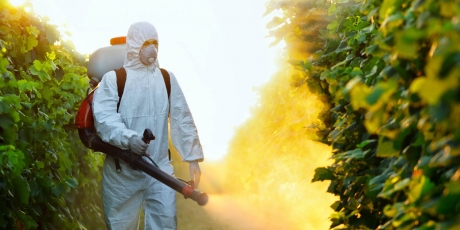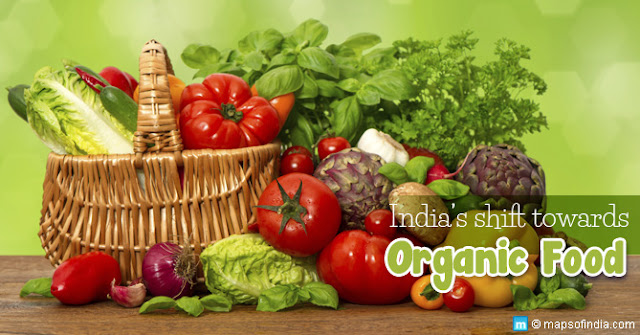Conventional Farming

By definition, “Conventional farming, also known as industrial agriculture, refers to farming systems which include the use of synthetic chemical fertilizers, pesticides, herbicides and other continual inputs, genetically modified organisms, Concentrated Animal Feeding Operations, heavy irrigation, intensive tillage, or concentrated monoculture production. Despite
its name, conventional agricultural methods have only been in
development since the late Nineteenth Century, and did not become
widespread until after World War 2.
Conventional farming is usually contrasted to organic farming (or sometimes sustainable agriculture or permaculture),
as these respond to site-specific conditions by integrating cultural,
biological, and mechanical practices that foster cycling of resources,
promote ecological balance, and conserve biodiversity.[1] Rather
than using synthetic fertilizers, pesticides, growth regulators and
livestock feed additives, organic farming systems rely on crop rotation,
animal and plant manures as fertilizers, some hand weeding and
biological pest control [2]”
“The Green Revolution refers to a set of research and development of technology transfer initiatives occurring between the 1930s and the late 1960s (with prequels in the work of the agrarian geneticist Nazareno Strampelli in the 1920s and 1930s), that intended to increase agricultural production worldwide, particularly in the developing world, beginning most markedly in the late 1960s.[1] The initiatives resulted in the adoption of new technologies, including:
…new, high-yielding varieties (HYVs) of cereals, especially dwarf wheats and rices, in association with chemical fertilizers and agro-chemicals, and with controlled water-supply (usually involving irrigation) and new methods of cultivation, including mechanization. All of these together were seen as a ‘package of practices’ to supersede ‘traditional’ technology and to be adopted as a whole.[2]
The intent overall to feed the masses appears positive, but the methods have proven destructive to the human race with cancer, diabetes, heart disease, stomach challenges (leaky gut, food allergies, IBS, heartburn) and obesity at record levels. We have existed for hundreds of thousands of years, why only in the last about 45 years have we made it Ok to modify our crops? Were these deceptively named ‘Conventional’ and the ‘Green Revolution’ to make everyone think it was in their best interest? Are Polar Bears ever going to modify their food, add chemicals to the seals to make them taste better, so they can eat more?




Comments
Post a Comment